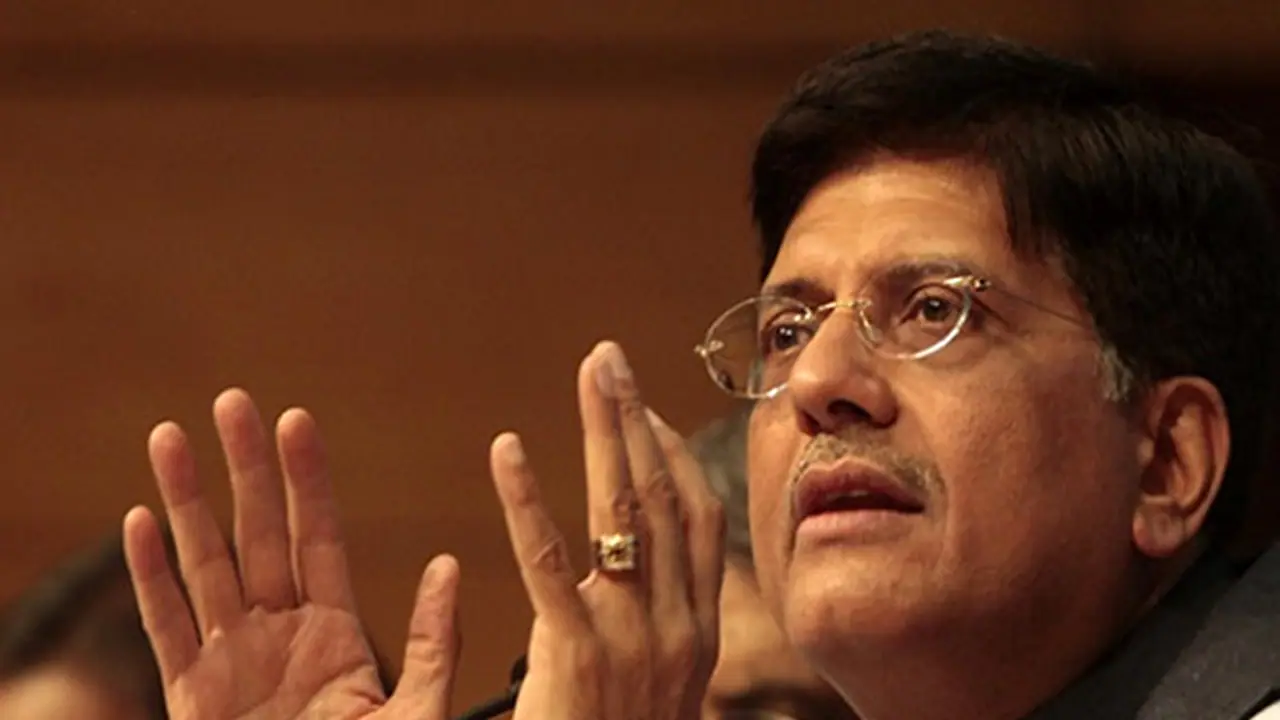Much to the relief of Homebuyers, they will be recognised as financial creditors and get their due representation in the Committee of Creditors (CoC)
The amendments to the insolvency law, which empowers home buyers to be recognised as financial creditors, was introduced in the Lok Sabha on Monday.
However, the opposition is objecting to certain changes in the Act alleging that these were intended to “help one industry”.
The Insolvency and Bankruptcy Code (Second Amendment) Bill, 2018, was introduced by finance minister Piyush Goyal. The bill replaced the ordinance that was approved by the Union cabinet in May.
The amendments to the IBC are intended to provide relief to homebuyers by recognising their status as financial creditors, thus giving them due representation in the Committee of Creditors (CoC) and making them an integral part of the decision-making process.
What does the bill have for the people?
• Homebuyers would now be treated as financial creditors. A financial creditor is, according to Section 5(7) of the Insolvency and Bankruptcy Code, 2016, "a person to whom a financial debt is owed and includes a person to whom such debt has been legally assigned or transferred.” In the housing sector, it means a builder owes a debt to his homebuyers until the time that the promised houses are delivered. So, the homebuyer, in the capacity of the creditor, can sue the builder if the former does not get the possession of the house in time.
• The committee of creditors (CoC) takes key decisions on the revival of the company or its liquidation. Once the bill becomes a law, homebuyers will be represented in the CoC.
• Voting share of the CoC has been changed. For the approval of a resolution plan, just 66% of votes will be deemed sufficient. Earlier 75% votes were needed for action by the CoC. All other decisions can be taken if 51% votes are garnered.
• A financial creditor will not enjoy a vote or participation during a meeting of the CoC if his authorised representative is a party related to the company facing insolvency.
With inputs from agencies
Read more: https://www.mynation.com/news/insolvency-and-bankruptcy-code-explained-pcd615
